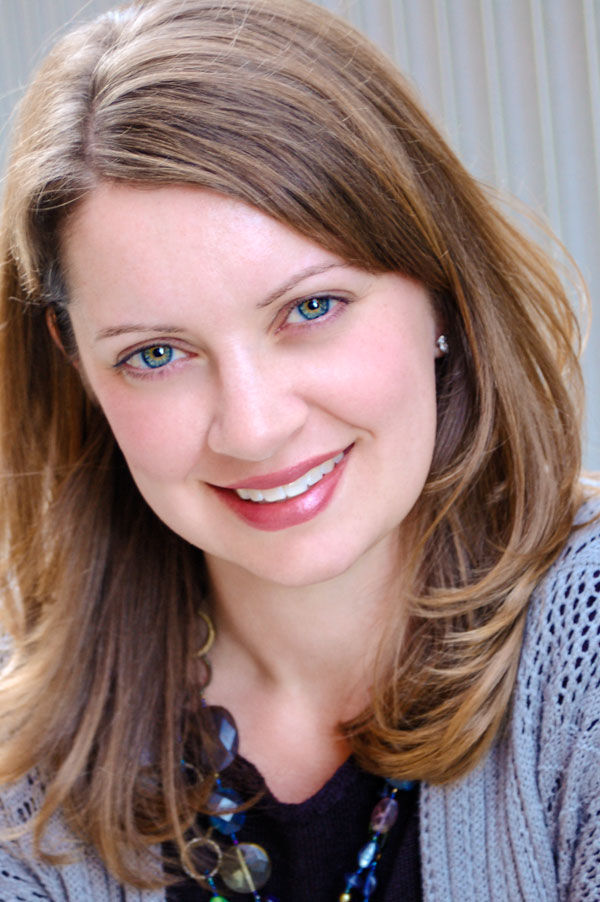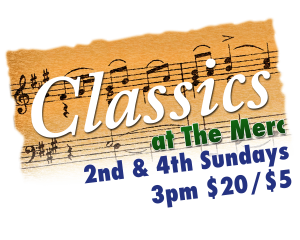
Michael Anthony Nigro, Guitar
Today’s Program
Isaac Albéniz (1860 – 1909)
Rumores de la Caleta
Capricho Catalán
Máximo Diego Pujol (b.1957)
Suite del Plata No. 1
Preludio
Tango
Milonga
Murga
Candombe
Antonio Lauro (1917-1986)
Valses Venezolano
Tatiana, Valse No.1
Andreina, Valse No. 2
Natalia, No. 3
INTERMISSION
Abel Fleury (1903-1958)
Milongueo del ayer
De Sobrepaso
Chamamé
Atahualpa Yupanqui (1908-1992)
Danza de la paloma enamorada
Canción del abuelo
Cruz del Sur
José Luis Merlin (b.1952)
Suite del Recuerdo
Evocación
Zamba
Chacarera
Carnavalito
Evocación
Joropo
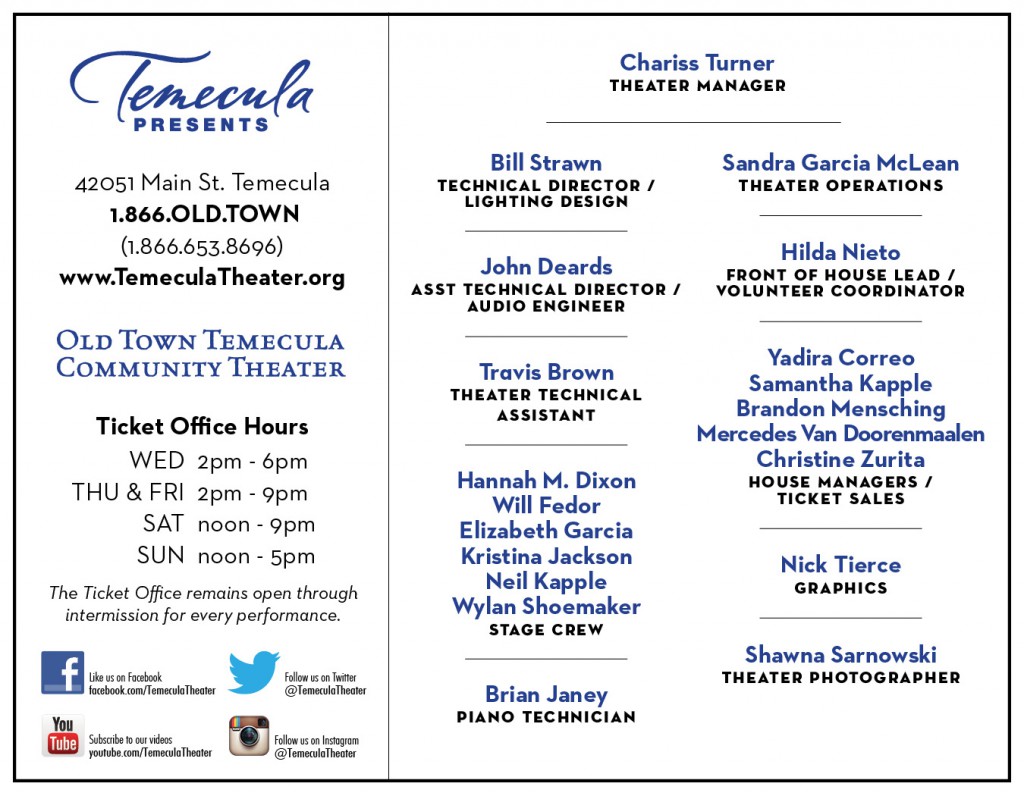
Volunteer as an usher at the Old Town Temecula Community Theater
Tasha Smith Godinez, harp
Today’s Program
Alfredo Rolando Ortiz
La Guabina
Tasha Smith Godinez
Mulatta
William Grant Still
Brown Girl
Tasha Smith Godinez
Infancia
The First Garden
Armando “Chick” Corea
500 Miles High
INTERMISSION
Andres Martin
Postcards from the Soul
Passion
Tristeza
Furia
Tasha Smith Godinez
El Amanecer
Armando “Chick” Corea
No Mystery

Volunteer as an usher at the Old Town Temecula Community Theater
Flûtes de Salon
Cindy Anne Broz
Sunah Jong
Valerie McElroy
Today’s Program
László Zempléni (b. 1947)
Trio for Three Flutes
Allegro
Adagio
Vivace
Ignacio Cervantes (1847-1905)
Four Cuban Dances arranged for Three Flutes
La tarde está amorosa (This Romantic Evening)
Mis amores (My Romance)
No llores mas! (Weep no longer!)
De mil amores (With All My Heart)
George Gershwin (1898-1937) and Ira Gershwin (1896-1983)
Summertime
Daniel Dorff (b. 1956)
Folk Song Suite for Two Flutes
Oh Susanna
Red River Valley
Shenandoah
Cindy
Christopher Caliendo (b.1951)
Despiadado
INTERMISSION
Jonathan Cohen (b. 1954)
One Ann Arbor Morn
Morningtide Promise
Through the Arbor
Jean-Michel Damase (1928-2013)
Suite Pastorale
Carillons
Pastourelle
Rondeau
Joseph-Henri Altès (1826-1895)
Andante for Two Flutes
Alexander Tcherepnin (1899-1977)
Prélude
Scherzo
Rêverie
Dance
Jack Jordan and Carlton Colby
Two Short Encores
The Little Red Monkey
Scherzo (Three Blind Mice)

Volunteer as an usher at the Old Town Temecula Community Theater
Margaret Tait, cello
Alison Luedecke, piano
Today’s Program
FRANCOIS COUPERIN (1668 – 1733)
arr. Paul Bazelaire
Pieces en Concert
Prelude
Siciliene
La Tromba
Plainte
Aire de Diable
FLORENCE PRICE (1887 – 1953)
Adoration for Cello and Piano
GABRIEL FAURE (1845 – 1924)
Sicilienne
JOSEPH HAYDN (1732 – 1809)
arr. Gregor Piatigorsky
Divertimento
Adagio
Menuet
Allegro di molto
INTERMISSION
ANTONIN DVORAK (1841 – 1904)
Waldesruhe (Restful Woods), Op. 68, No. 2
LUDWIG VAN BEETHOVEN (1770 – 1827)
arr. Steven Isserlis
Andante con Viriazioni
ARVO PART (1935 – )
Spiegel im Spiegel (1978)
BELA BARTOK (1881 – 1945)
arr. Luigi Silva
Jocul cu bata (Stick Dance)
Braul (Sash Dance)
Pe Loc (In One Spot)
Buciumeana (Dance from Bucsum)
Maruntel (Fast Dance)

Volunteer as an usher at the Old Town Temecula Community Theater
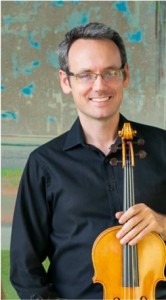 Travis Maril, viola
Travis Maril, viola
Karen Follingstad, piano
Today’s Program
GEORG PHILIPP TELEMANN (1681 – 1767)
Violin Fantasia No. 1 in E-flat Major
Largo – Allegro – Grave – Allegro
(movements played without pause)
EFREM ZIMBALIST (1889 – 1985)
Excerpts from Sarasateana:
Polo
Malagueña
FREDERIC CHOPIN (1810 – 1849)
arr. William Primrose
Nocturne No. 20, op. posthumous
INTERMISSION
JOHANN HUMMEL (1778 – 1837)
Sonata in E-Flat Major for Viola and Piano, op. 5, no. 3
1. Allegro moderato
2. Adagio cantabile
3. Rondo: Allegro con moto

Volunteer as an usher at the Old Town Temecula Community Theater
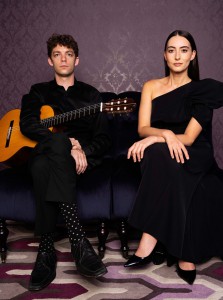 Duo Apollon
Duo Apollon
Aaron Haas, guitar
Anastasia Malliaras, soprano
Today’s Program
Click Here for Texts and Translations
JOAQUÍN RODRIGO (1901-1999)
Tres Canciones Españolas
I. En Jerez de la Frontera
II. Adela
III. De ronda
BENJAMIN BRITTEN (1913-1976)
Selections from Folksong Arrangements
Sailor Boy
I will give my love an apple
Master Kilby
The Shooting of his Dear
MATYAS SEIBER (1905-1960)
Selections from Four French Folk Songs
I. Réveillez-vous
III. Le Rossignol
IV. Marguerite, elle est malade
INTERMISSION
FRANZ SCHUBERT (1797-1828)
Selections from Wintereisse Op. 89. D.911
1. Gute Nacht
2. Die Wetterfahne
4. Der Lindenbaum
11. Frühlingstraum
15. Die Krähe
24. Der Leiermann
MANUEL DE FALLA (1876-1946)
Selections from Siete Canciones Populares Españolas
I. El Paño Moruno
V. Nana
VII. Polo

Volunteer as an usher at the Old Town Temecula Community Theater
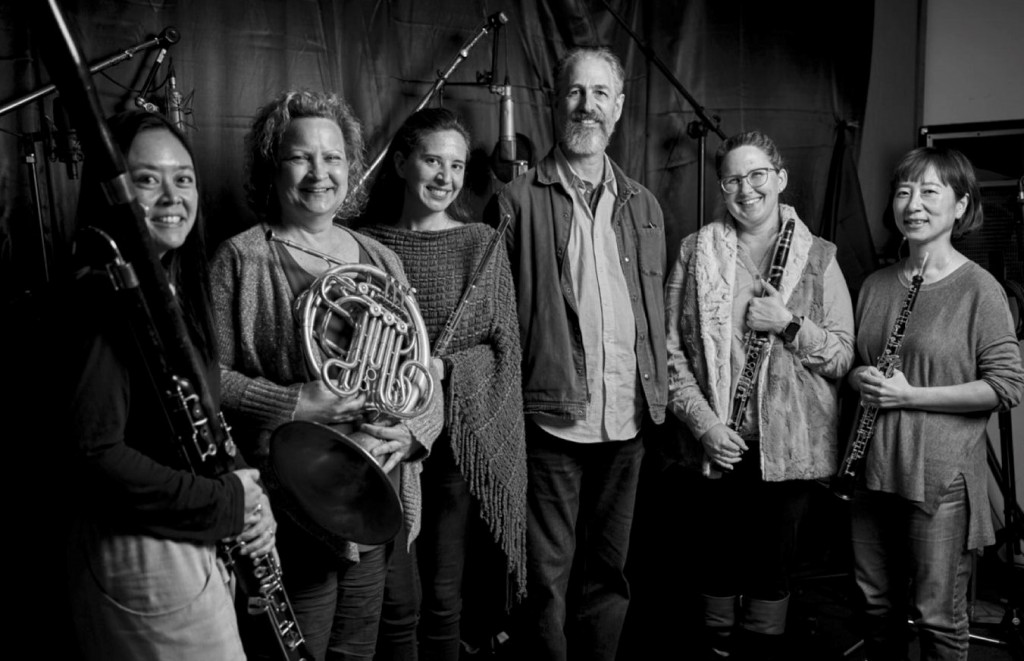 West Coast Woodwind Quintet:
West Coast Woodwind Quintet:
Kate Prestia-Schaub, flute
Cat Cantrell, oboe
Margaret Worsley, clarinet
Elizabeth Low Atwater, bassoon
Danielle Ondarza, horn
Today’s Program
“Spring” from The Four Season s – Antonio Vivaldi (1678 – 1741)
Three Summer Dances – Joseph Turrin (1947 – )
Autumn Leaves – Joseph Kosma (1905 – 1969), arr. Fiona Hickie
Winter Music – Adam Schoenberg (1980 – )
INTERMISSION
Selections from “Jazz Salad” – Ron Levy (1951 – )
Funky Cheese
Tomato Tango
Walnut Waltz
Chordal Memories from “Book of Meditations” – Ron Levy
Twelfth Night Music – Ron Levy
Overture
Pastorale
Orsino’s Theme
Exit Music
INTERMISSION
Roaring Fork – Eric Ewazen (1954 – )
Whitewater Rapids (Maroon Creek)
Columbines (Snowmass Lake)
At the Summit (Buckskin Pass)

Volunteer as an usher at the Old Town Temecula Community Theater
Rong-Huey Liu, oboe
Felici Trio:
Rebecca Hang, violin
Brian Schuldt, violincello
Steven, Vanhauwaert, piano
Today’s Program
Trio Sonata in D minor for Oboe, Violin and Basso Continuo – Joan Baptista Pla (c.1720 – 1773) and Josep Pla (1728 – 1762)
1. Allegro
2. Andante
3. Allegro
Five Pieces – Dmitri Shostakovich (1906 – 1975)
1. Prelude
2. Gavotte
3. Elegy
4. Waltz
5. Polka
INTERMISSION
Kakadu Variations, Op. 121a, for violin, cello and piano — Ludwig van Beethoven (1770 – 1827)
Trio for oboe, violoncello and piano — Sergey Prokofiev (1891 – 1953) / Lera Auerbach (b. 1973)

Volunteer as an usher at the Old Town Temecula Community Theater

Saturday, April 9, 2022, 7:30 p.m.
Gershwin Performing Arts Center | Murrieta Mesa High School
Tonight’s Program
Symphony in D Major, Op. 11, No. 2 — Joseph Bologne, Chevalier de Saint-Georges (1745 – 1799)
- Allegro Presto
- Andante
- Presto
Siegfried Idyll (Triebschen Idyll with Fidi’s Birdsong and Orange Sunrise) — Richard Wagner (1813 – 1883)
Deux Marches et un Intermede (1937) — Francis Poulenc (1899 – 1963)
- Marche 1889
- Intermede Champetre (Country Interlude)
- Marche 1937
INTERMISSION
Symphony No. 40 in G Minor, K. 550 — Wolfgang Amadeus Mozart (1756 – 1791)
- Allegro molto
- Andante
- Menuetto. Allegretto – Trio
- Finale. Allegro assai
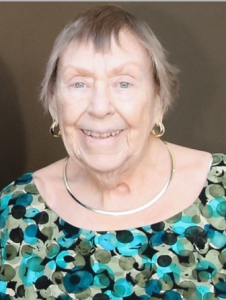
Peg Moore (1935 – 2022)
We dedicate this evening’s program to the memory of Peg Moore, our long time advisor, patron, and friend
Thanks to the Murrieta Valley Unified School District for their support of this concert.
Concession sales this evening benefit performing arts programs at Warm Springs Middle School.
Dana Zimbric is marking her 12th season as Artistic Director and Conductor of the California Chamber Orchestra.
In addition to her work with us, she is Associate Conductor of San Diego’s California Ballet, Music Director of the Classics Philharmonic Orchestra, which performs educational programs for San Diego area students, and recently made her conducting debut with the San Diego Symphony.
Dana’s past conducting experience includes positions with the San Diego Youth Symphony, Avante Chamber Orchestra, Orchestra Nova San Diego, and the University of Wisconsin Chamber and Symphony Orchestras.
An accomplished clarinetist, Dana holds a Bachelor of Music in Clarinet Performance and a Master of Music in Orchestral Conducting from the University of Wisconsin. She lives in San Diego with her husband and two young daughters.
Members of the California Chamber Orchestra
Violin I
Kathryn Hatmaker (Concertmaster)
Ai Awata
Nicole Sauder
Angela Xing
Violin II
Kenneth Liao (Principal)
Isaac Allen
Anne Delgado
Batya MacAdam-Somer
Viola
Michael Molnau (Principal)*
Ethan Pernela
Annabelle Terbetski
Cello
Andrew Hayhurst (Principal)
Erica Erenyi
Joanna Morrison
Bass
Sam Hager (Principal)
*Personnel Manager and Librarian
Flute
Pam Vliek-Martchev (Principal)
Oboe
Rong-Huey Liu (Principal)
Rodion Belousov
Clarinet
Frank Renk (Principal)
April Leslie
Bassoon
Leyla Zamora (Principal)
Katherine Ortega
Horn
Darby Hinshaw (Principal)
Tricia Skye
Trumpet
Jon Hoehne (Principal)
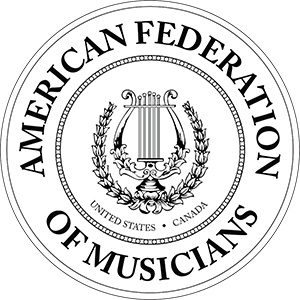
All musicians performing in this concert are members of
The American Federation of Musicians, Local 325
Program Notes
First up on this evening’s program is Symphony No. 2 by French composer Joseph Bologne, Chevalier de Saint-Georges (1745-1799). Though his name may not be familiar, he was considered an incredible talent during his lifetime. In fact, today you can still find a street named after him in Paris.
Joseph Bologne was born in the French colony of Guadaloupe. His mother, Anna (called Nanon), was an enslaved person of Sengalese origin. His father was a wealthy plantation owner. Bologne moved to Paris when he was around 8 years old. His father received an appointment by the King of France allowing Joseph to receive a “gentleman’s” education. Eventually Joseph was also given the honorary title Chevalier de Saint-George” by King Louis XVI. Bologne became a 33rd degree Freemason (the first black member).
Bologne was prodigious as a violinist, composer, fencer, and academic. He composed numerous operas, symphonies, and concerti and was even nominated by Queen Marie Antoinette to be the next director of the Paris Opera in 1776. However, some of the performers complained that they should not be forced to take direction from a person of color. Bologne withdrew his name from consideration to prevent embarrassment to the Queen.
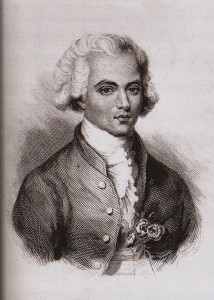
Joseph Bologne in 1768
Bologne’s Symphony No. 2 is in three movements. The first movement is quick and bright and gives the feeling of a celebration. The second movement, a slower andante, focuses on the strings of the orchestra and has a darker mood. The final presto is the most developed of the symphony’s movements. It begins with an energetic passage, and continues with various repeated sections, highlighting different combinations of the orchestra, contrasting dynamics, and instrumental color. Joseph Bologne used this symphony as the Overture to his 1780 Opera “The Anonymous Lover.”
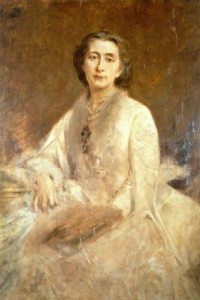
Cosima Wagner in 1879, painted by Franz von Lenbach
Next up on the program is a programmatic work by German composer Richard Wagner. The Siegfried Idyll premiered on December 25, 1870 in Wagner’s home, upon the staircase landing. It was a birthday surprise for his wife Cosima and inspired by the birth of their son Siegfried.
Cosima wrote of the surprise, “When I woke up I heard a sound, it grew ever louder, I could no longer imagine myself in a dream, music was sounding, and what music! After it had died away, R[ichard] came in to me with the five children and put into my hands the score of his “symphonic birthday greeting.” I was in tears, but so, too, was the whole household; R[ichard] had set up his orchestra on the stairs!” Wagner’s score contains many musical quotes that Cosima would have recognized, including a bird’s song frequently heard at their home, and the Siegfried leitmotif from the Ring Cycle operas.
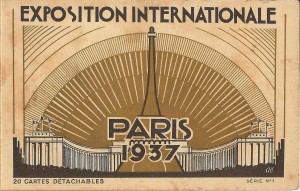
One of the great melodists of the twentieth century, French composer Francis Poulenc (1899-1963) was largely self-taught as a composer. In the early 1920s he belonged to the Paris-based group of composers Les Six who led the neo-classical movement, rejecting the overstated emotion of Romanticism.
Poulenc composed the short orchestral suite Deux Marches et un Intermede for dinner entertainment during the 1937 Paris World’s fair. The short three movement work captures the energy, sparkle, and modern nature of Paris in the late 1930’s. The striking orchestral harmonies, interesting color combinations, and edgy rhythms make these movements a delight to share.
Wolfgang Amadeus Mozart (1756-1791) first learned music from his father and manager Leopold Mozart, who was a professional musician and teacher. Mozart’s sister Maria Anna (nicknamed Nannerl), was also an astonishing musical talent and was Mozart’s performance partner during his younger years. Between the ages of six and ten, Wolfgang and Nannerl spent nearly all their time on tour throughout Europe performing for Dukes, Kings, and similar royalty.
Mozart excelled as a performer on both piano and violin. At various points in his career he was able to focus on one, or both, and also create new music to perform as needed. In 1772, at age 16, Mozart was awarded the title of Konzertmeister for the prince archbishop Colloredo in Salzburg. His job entailed writing music for special occasions and performing when necessary.
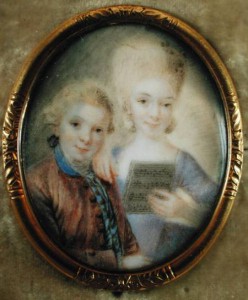
Wolfgang and Nannerl c. 1763 by Eusebius Johann Alphen
The final selection for tonight’s concert is one of Mozart’s last symphonies. Written in 1788, Mozart’s Symphony No. 40 was composed in only a few months, along with symphonies number 39 and 41. It is possible Mozart never actually heard this symphony performed live in concert, although all three of his final symphonies have been performed thousands of times since.
Wagner called Mozart’s Symphony No. 40, K. 550 “pivotal to the romantic world.” The symphony’s tone is dark, serious, and grounded. As Mozart matured as a composer and artist, and dealt with life’s losses (his parents, infant son, and sister), his art changed, too. Where we might imagine a silly, spoiled young man in his early works, a more worldly, somber and serious person comes through in his later pieces. In his final symphonies we also clearly understand why art, and music, can move its audiences and live-on for hundreds of years.
Thank You to Our Sponsors and Donors
Society Sponsors
Judy Call
Prudhomme Associates, CPAs
City of Temecula
Leslie and Joseph Waters
Season Sponsors
Mark Margolin
Nicola Helm & Stephen Ryder
Education Sponsors
Craig Carper, LaPointe Wealth Management
Murrieta Rotary
Concert Sponsors
Susan & Ken Dickson
Walt Fidler
Conductor’s Circle
John Stubbs
Concertmaster’s Circle
Barry Weiss
Principal’s Circle
Kiyoe MacDonald
John Welniak
Rudy Wokoek
Musician’s Circle
Candace Flint
Susan Humphrey
Sarah Ivar
Join us at The Merc on the 2nd and 4th Sundays of each month for recitals by some of the region’s best musicians. These intimate performances include opportunities to hear from the musicians about their art, their careers, and the music being performed.
Aki Tsai, violin
Sakura Tsai, violin
John Stultz, viola
Today’s Program
Grand Duo for Violin and Viola – Ignaz Pleyel (1757 – 1831)
Terzetto, Op. 74 for Two Violins and Viola – Antonin Dvorak (1841 – 1904)
1. Introduzione. Allegro ma non troppo
2. Larghetto
3. Scherzo. Vivace
4. Tema con variazioni. Poco adagio
INTERMISSION
Viola Space No. 4: Nine Fingers – Garth Knox (b. 1956)
Sonata in B Minor for Two Violins, Op. 12, No. 1 – Jean Marie Leclair (1697 – 1764)
1. Allegro ma poco
2. Andante: Amoroso – Altro
3. Allegro assai
Serenade Op. 12 for Two Violins and Viola – Zoltán Kodály (1882 – 1967)
1. Allegramente – Sostenuto ma non troppo
2. Lento ma non troppo
3. Vivo

Volunteer as an usher at the Old Town Temecula Community Theater
Page 5 of 7 « First ... « 3 4 5 6 7 »



 Travis Maril, viola
Travis Maril, viola Duo Apollon
Duo Apollon


